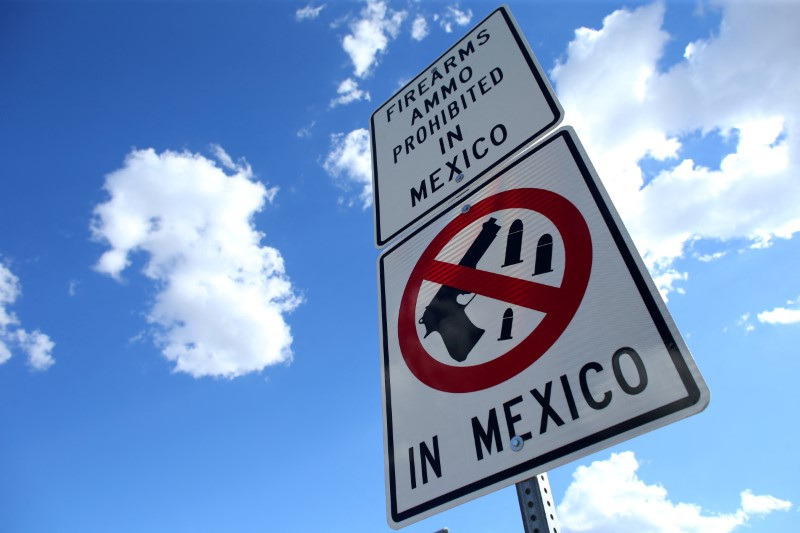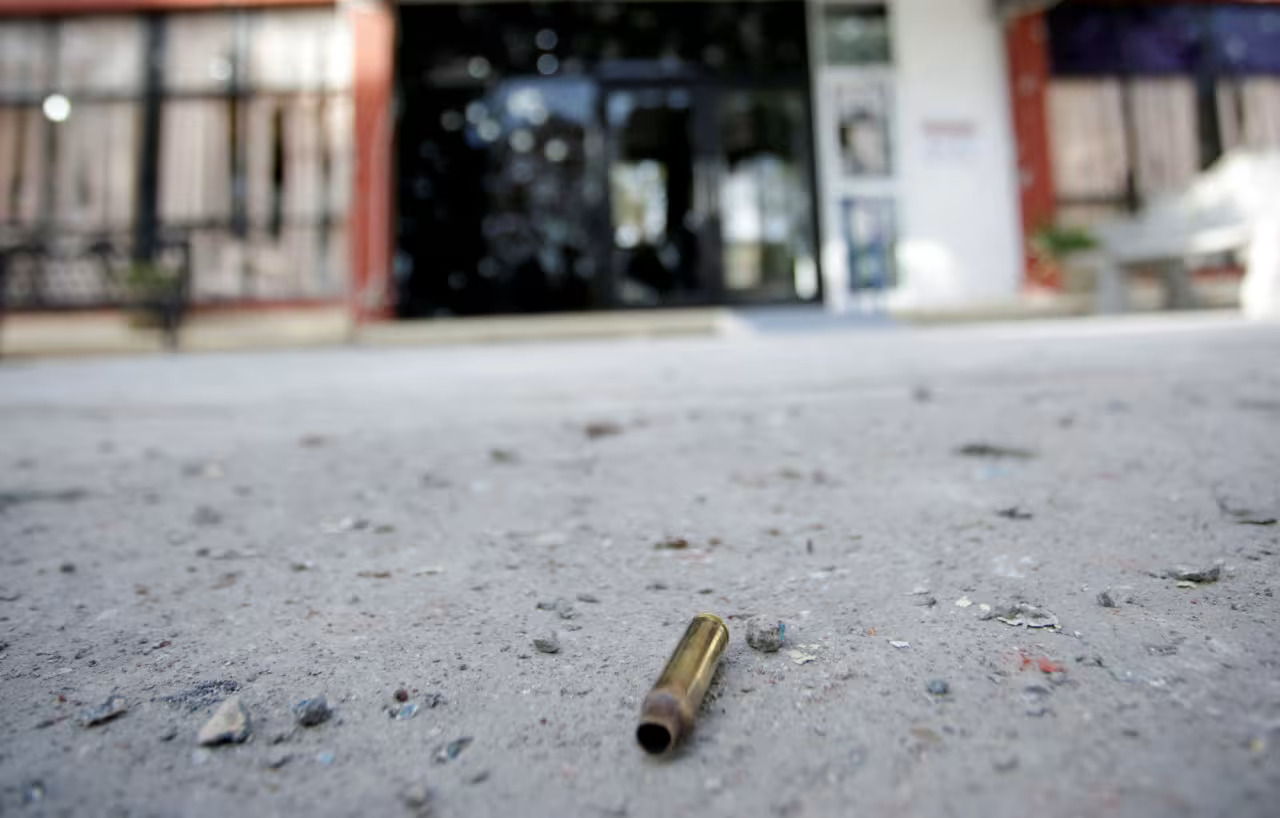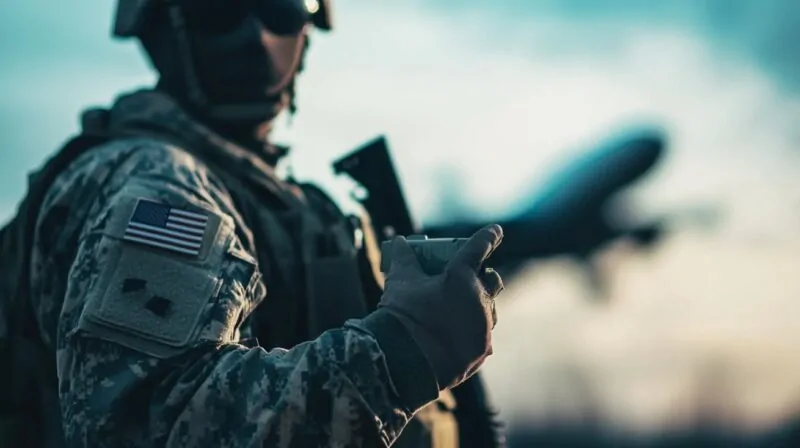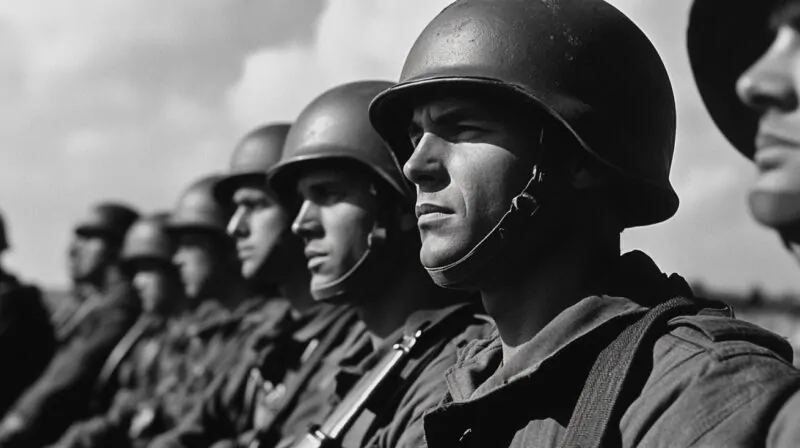On the 8th of October, the Supreme Court heard a landmark case in which the Mexican government sued major U.S. gun manufacturers, including Smith & Wesson and Glock. The lawsuit seeks to hold these companies accountable for their role in the trafficking of firearms into Mexico, which has contributed to widespread violence and crime linked to drug cartels.
Filed in 2021, the lawsuit accuses gun makers, including Smith & Wesson, Glock, and Barrett Firearms, of knowingly contributing to the flood of firearms trafficked illegally into Mexico, which has fueled violence perpetrated by drug cartels.
At the heart of the case is Mexico’s assertion that the firearms industry should be held liable for the consequences of their products being used in violent crimes in Mexico. Mexican officials argue that the gun makers’ marketing practices deliberately appeal to criminal organizations and that these companies have done little to curb the illegal flow of weapons into Mexico.

The lawsuit is part of Mexico’s broader strategy to address the proliferation of U.S.-sourced firearms used in the country, where over 30,000 people were murdered in 2020, many of them in crimes involving U.S. guns.
Also Read: While gun manufacturers argue that the root of the issue lies with illegal trafficking, others point out the deeper systemic problems tied to crime and law enforcement inefficiencies that exacerbate the violence both domestically and abroad.
The case is significant not only because of its cross-border implications but also because it challenges the Protection of Lawful Commerce in Arms Act (PLCAA), a 2005 U.S. law that grants gun manufacturers broad immunity from civil lawsuits when crimes are committed using their products.
Under the PLCAA, gun makers have historically been shielded from lawsuits that seek to hold them liable for violence and crimes committed with firearms after a legal sale. Mexico’s case represents a direct challenge to this immunity, arguing that U.S. law should not protect gun manufacturers from the consequences of their products being trafficked and used illegally outside the United States.
If the Supreme Court decides to hear the case and rules in Mexico’s favor, it could reshape the legal landscape for the gun industry and international law. It may open the door for other countries or victims of gun violence to hold manufacturers accountable, creating a new paradigm for how companies can be sued for the harms caused by their products.
Gun control advocates in the U.S. have closely followed the lawsuit, hoping it may offer a new avenue to reduce the pervasive gun violence within the country as well.
On the other hand, gun manufacturers argue that the PLCAA is critical to protecting lawful commerce and ensuring that businesses are not held responsible for the illegal actions of third parties. They also assert that the responsibility for curbing illegal firearms trafficking lies with governments and law enforcement, not the manufacturers themselves.
The case’s implications are immense, potentially transforming both U.S.-Mexico relations and how liability for gun violence is assigned on an international scale. As the Supreme Court deliberates whether to proceed with the case, it draws significant attention from legal experts, human rights organizations, and gun control advocates globally.
Read More: Why do immigrants come to the United States and just how many of them are living in the U.S. now?
References:







